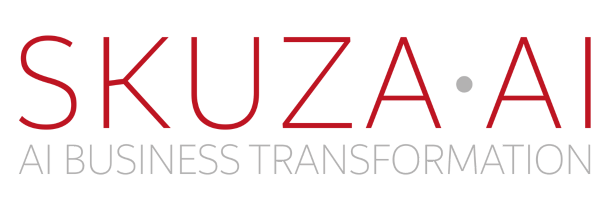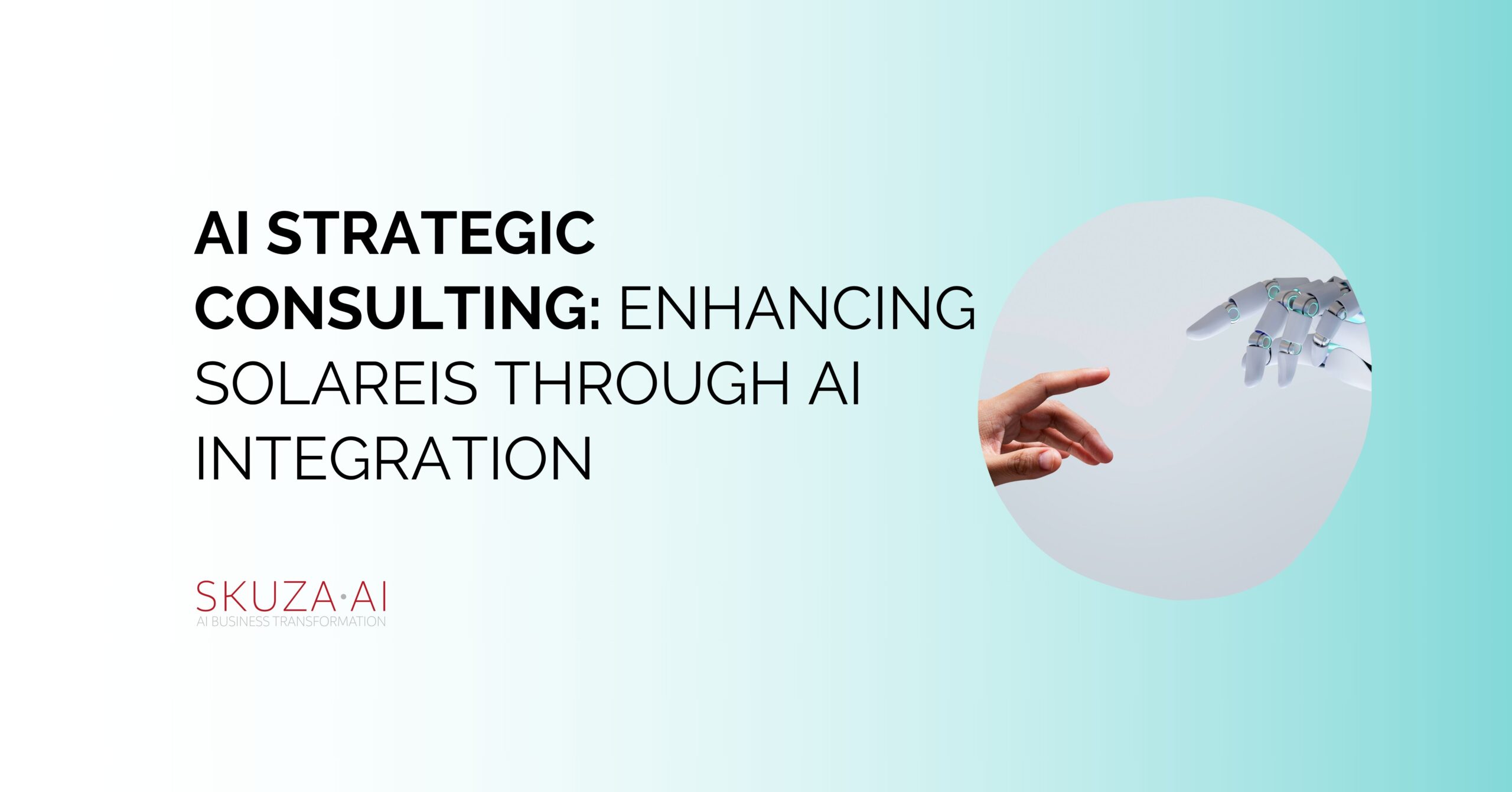As data becomes increasingly integrated into every aspect of our lives, monetizing that data is becoming more and more important. And with the advent of artificial intelligence, data monetization is only going to become more valuable.
Data monetization is the process of turning data into a revenue-generating asset. And there are a number of ways to do that. For example, data can be sold to third-party companies, used to create new products or services, or used to improve existing products or services.
Whatever the approach, data monetization is quickly becoming essential for companies looking to stay ahead of the curve. After all, data is only going to become more and more valuable in the years to come.
The Usefulness of Data to Stakeholders
Data monetization can be extremely beneficial to customers outside of the core business. For instance, data collected from embedded systems like consumer electronics and medical devices can be used for data-driven analysis, leading to new insights about customer behavior or product performance.
In addition, data from these same embedded systems can be used to create data-driven marketing campaigns, targeting specific customer segments and tailoring offers to their interests. This data can also be used for predictive modeling, allowing companies to anticipate customer needs before they even arise.
Data monetization can also provide valuable insights into operations, enabling companies to identify inefficiencies or potential areas of improvement. For instance, data from financial systems can be used to identify growth opportunities or areas of risk.
The graphic below highlights the main differences between primary stakeholders and secondary stakeholders (customers outside the core business).
About the Embedded Systems Domain
Data monetization is particularly valuable in the embedded systems domain. In this domain, data from connected devices can be used to provide insights into customer behavior, product performance, and how users interact with their environment. Below is a prime example of an embedded system. In short, an embedded system involves a combination of mechanical, electrical, and software components.
Connected devices are becoming increasingly commonplace, and data collected from these devices can be immensely valuable. For instance, data collected from fitness trackers can be used to improve health and wellness applications. Data collected from connected cars can be used to improve navigation systems, or data collected from connected homes can be used to anticipate maintenance needs. More specifically, the automotive industry has become less about the electrochemical aspect of cars and more about the improvement of embedded systems in areas like autonomous driving.
Data monetization in the embedded systems domain is also increasingly being driven by artificial intelligence (AI). AI-enabled data analysis tools are becoming more sophisticated and efficient, allowing data to be monetized more effectively and quickly. As we see the power of artificial intelligence grow, we should expect to continue to see the usefulness of embedded systems expand and become prevalent across a majority of industries. For now, it is vital to understand the type of data in embedded systems.
What Data is Used in Embedded Systems?
The data generated by embedded systems can be used for a variety of purposes. For instance, data collected from connected cars can be used to provide insights into traffic patterns, driving habits, and how drivers interact with their environment.
Data collected from medical devices can provide insights into patient health and wellness, while data collected from industrial machines can inform production optimization. And data collected from consumer electronics can be used to inform product design or enhance customer experience.
Data as an Asset
Data monetization allows companies to capitalize on data as an asset. Data can be used to inform decision-making, create new products or services, or improve existing ones. It can also be used for data-driven marketing campaigns, predictive modeling, and operations optimization.
The data generated from embedded systems are particularly valuable, as it can be used to provide insights into customer behavior, product performance, and how users interact with their environment. Data monetization in the embedded systems domain is also increasingly being driven by artificial intelligence (AI), allowing data to be monetized more effectively and quickly.
In conclusion, data monetization has tremendous value for companies outside of the core business.
Evaluating Data Monetization and Its Risks
While data monetization can be extremely beneficial, it is important to ensure data privacy and security. Data collected from embedded systems must be properly secured and only used for authorized purposes. Companies should also take steps to ensure data is not shared with unauthorized parties or used for any unethical or illegal activities.
It is also important to understand the regulations and laws that apply to data monetization, as data protection laws vary from country to country. Companies should ensure they are aware of these regulations and are compliant with them when engaging in data monetization activities.
The data collected from embedded systems can be immensely valuable, but companies must take the necessary steps to ensure data privacy and security. With the right data monetization strategy, companies can capitalize on data as an asset to better inform decision-making and create new opportunities for growth.
By leveraging data collected from embedded systems and leveraging artificial intelligence (AI) tools, companies can benefit immensely from data monetization. Companies should be aware of the risks involved with data monetization and ensure they are compliant with data privacy and security regulations. With the right data monetization strategy, companies can reap the benefits of data as an asset and create new opportunities for growth outside of their core business.
Conclusion
Data monetization can provide immense value for companies outside the core business. Data collected from embedded systems can be used to inform decision-making and create new products or services, while data-driven marketing campaigns, predictive modeling, and operations optimization are becoming increasingly common. Companies must take steps to ensure data privacy and security when engaging in data monetization activities and must be aware of data protection laws that may apply. With the right data monetization strategy, companies can capitalize on data as an asset to create new opportunities for growth.
References

